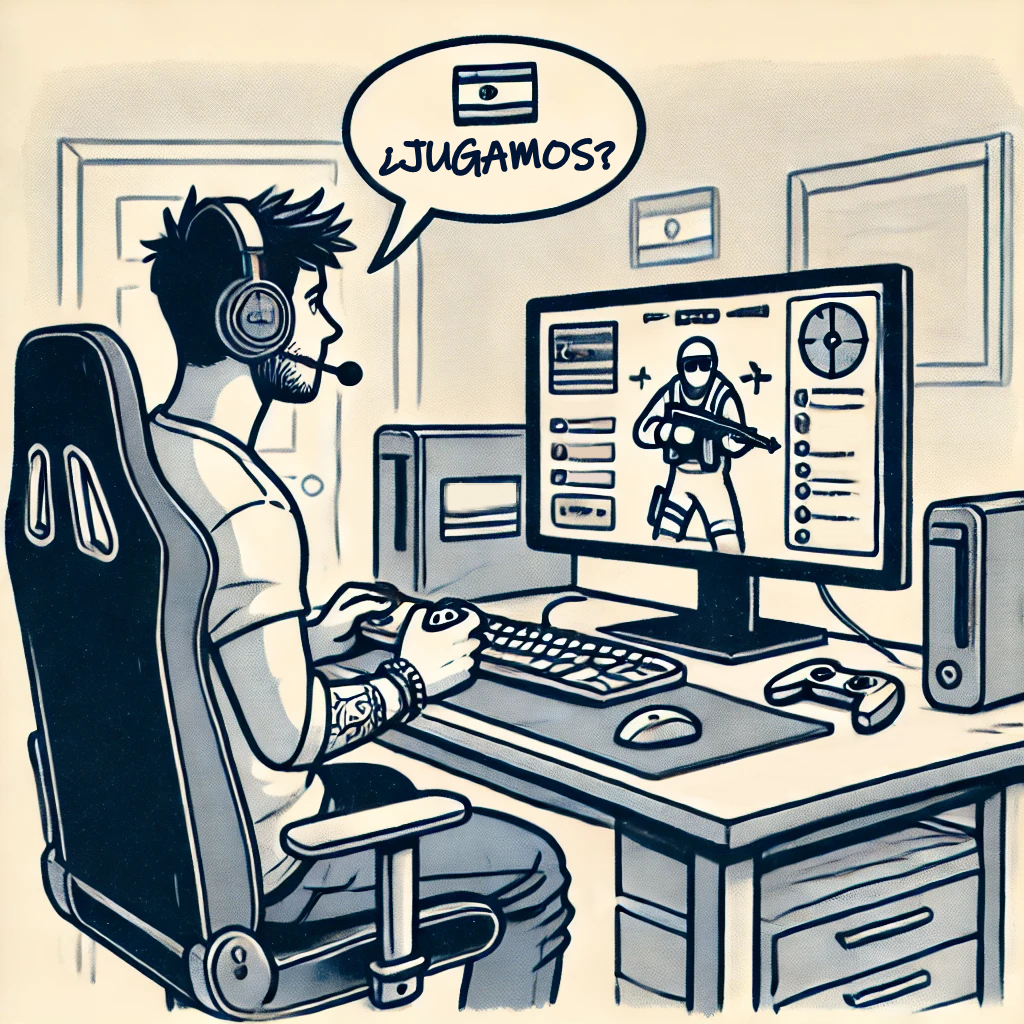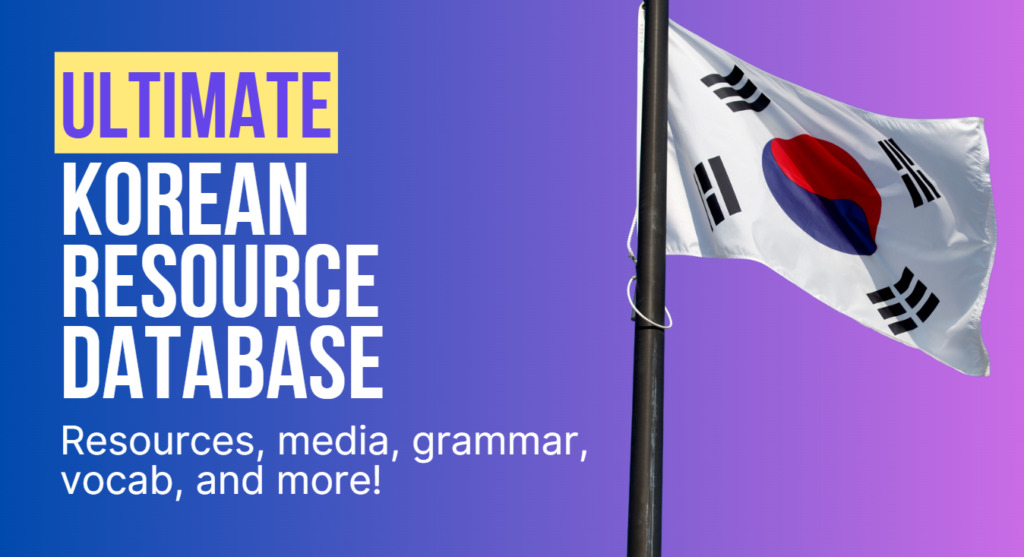
When we think of language learning video games, we often think of apps like Duolingo, Babbel, or Memrise—popular apps for language learning that are supposed to make vocabulary and grammar practice fun.
But what if I told you some of the best language learning games aren’t designed for language learning at all?
In fact, many of your favorite games—whether they’re MMORPGs, first-person shooters, or strategy games—can be powerful tools for boosting your language skills.
As a lifelong gamer and language enthusiast, combining these two worlds has been a game-changer (pun intended). It turns casual gaming sessions into effective practice without feeling like study time.
Ready to level up both your gaming and your language skills? Let’s dive in!
How I Discovered One of My Favorite Activities for Language Learning
Most people know me as Refold’s community manager, language coach, and podcast host. But not many know that I used to be a hardcore gamer—especially into MMORPGs like World of Warcraft.

These games pulled me in with their sense of community and shared goals. However, when I turned 20, I put down the controller to focus on traveling and learning new languages.
For years, gaming was a thing of the past. That is, until recently, when my love for languages reignited my old hobby.
I had been studying Spanish for a while but felt stuck in my routine. I tried searching for Spanish learning games for adults, but nothing felt as fun as my old English video games. So, on a whim, I downloaded World of Warcraft—this time in Spanish. I joined a guild (gaming team), made friends, and soon found myself learning new vocabulary and chatting daily with my teammates—all in Spanish.

Now, instead of feeling bored studying the language, World of Warcraft has become my own personal Spanish learning game.
So, if you’re thinking about giving up gaming to focus on language learning, you might want to reconsider. I’m going to show you how gaming can be one of YOUR most effective language activities.
The Power of an Interactive Learning Environment
Instead of locking yourself in a room with books or TV, gaming allows you to use the language with other people. You’re teaming up with friends and working toward common goals. This makes the language feel more real and alive because you’re using it to accomplish something together.
When you play multiplayer games, you’re not just studying vocabulary in isolation—you’re using the language to communicate with real people to achieve shared objectives. For me, this made the language come alive.
Gaming with other players requires me to:
- Talk to them
- Strategize
- Collaborate toward common goals
It’s one thing to read or watch TV in your target language, but it’s a whole different experience to use it actively in teamwork. The social dynamic makes the language feel like a natural part of your life. You’re not just learning about the language—you’re living it.
Obtain Organic Real-Time Practice
One of the best things about gaming is that it forces you to think on your feet. Conversations happen in real time, which is perfect for improving both comprehension and response skills. In a game, you don’t have time to pause and look up a word—you have to understand and respond quickly.

While you can have real-time conversations with language partners on apps like HelloTalk or Tandem, I’ve found gaming to be more fun because the conversations aren’t just for language learning sake.
When I first started gaming in Spanish, I was nervous about making mistakes. But my guildmates didn’t care. They weren’t focused on my grammar or my accent. They just wanted to have a good time and level up—and we do both.
Be Part of the Subculture and Learn the Lingo
Every gaming community has its own unique lingo. When you join one in your target language, you dive into a subculture that goes beyond what you’d find in a classroom. By playing games to learn Spanish, I have picked up:
- Inside jokes
- Memes
- How people communicate within the group
For instance, I’ve learned that while the official Spanish acronym for “player vs. player” is JCJ (jugador contra jugador), most players use the English term PVP instead.

The Consistency Benefits of Language Learning Games
One of the biggest challenges in self-guided language learning is staying consistent. That’s where gaming can help. Games have:
- Built-in goals and objectives
- Conversations that will naturally happen with teammates
- A clear focus for every discussion, so you never worry about keeping the conversation going
For example, my team schedules weekly gaming sessions, and I know I’ll get to practice my Spanish with them every Wednesday.
Playing with a team also adds accountability—you can’t slack off when your team is counting on you!
Turn Other Hobbies into Language Activities
Not a gamer? That’s okay! You don’t need language learning video games, you can apply these same principles to any hobby. The key is to find an online group in your target language that shares your interests, whether it’s cooking, fitness, or hiking. The goal is to immerse yourself in a community where the language is used naturally.
Just like my World of Warcraft guild, online communities around your hobby offer a social, interactive space for language practice.

If you want more tips on using video games for language learning, check out this video tutorial by Ben, where he shares additional strategies.
Like what you see?
Sign up now and we'll deliver even MORE amazing content like this right to your inbox!
- Receive our exclusive 6 SECRETS to language learning success email course.
- Stay motivated with weekly emails overflowing with helpful language-learning tips, tutorials, and more!
- Get behind the scenes access into the inner workings of Refold!








